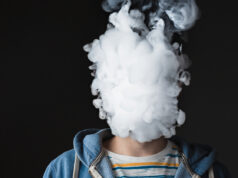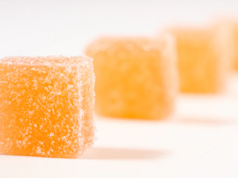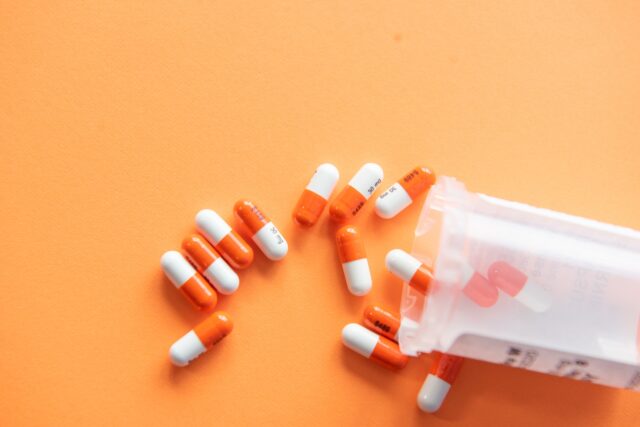
A person falls into the habit of abusing drugs and alcohol when he falls into the cycle of addiction and ends up becoming a drug addict or an alcoholic. This addiction cycle is almost always triggered by some kind of activating event. It is not necessarily a major event every time, sometimes even a minor thing can trigger that person enough to abuse drugs or alcohol again.
These happenings can include failing a test, a breakup, losing a job, or losing a loved one, etc. In the next step of the activating event, an overwhelming sensation follows which may be anger, grief, frustration, or sadness, etc. During such moments, a person may feel extremely helpless and think that there is no possible way for him to overcome these feelings unless he finds an additional factor that will help him cope with his problems. People necessarily do not always use negative coping methods, some of them may channel their feelings through sports, hobbies, and music, etc.
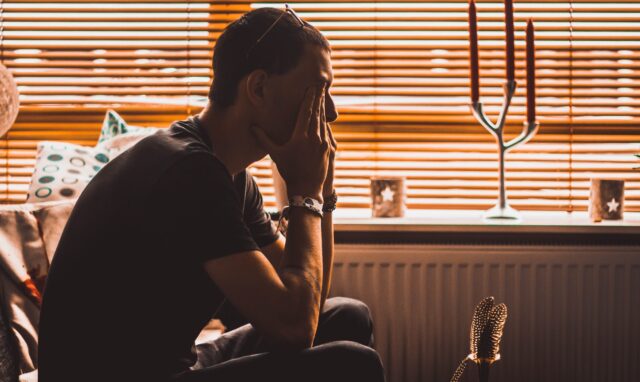
However, the situation turns bad when a person turns to alcohol or drugs to find an escape from reality, even if that escape is for a short while. Some other negative coping methods may be self-isolation, binge eating or starving, fighting with people, or even self-harm, etc. One of the worst things about such negative coping mechanisms is that even if they do provide short-term relief, after a little while, the person will feel much worse because he will know that what he did was a bad thing.
In the case of drug abuse, the user may feel very guilty which is another overwhelming feeling and it can trigger the addiction cycle again. Moreover, drugs and alcohol deteriorate the user’s body severely, where the effects may not be immediately visible sometimes but in the long run, they will cause very serious problems especially if a drug addict is lucky enough to reach old age.
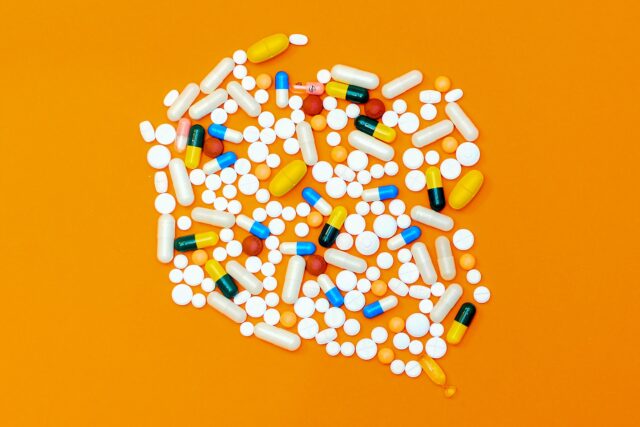
In addition, a person’s social life is harmed to a great extent, people will try to stay away from him and even his family might feel unsafe around him especially when he is under the influence. If things get severely out of hand, his family and friends may decide to leave him.
Furthermore, drugs decline the mental health of the user and induce paranoia, anxiety, and depression, etc. This is how drugs ruin the lives of people because these losses and health concerns are also counted as activating events and that person will continue to use drugs unless a finds a silver lining somehow or his loved ones decide to help him get better in any way possible.
How to overcome drug addiction and alcoholism?
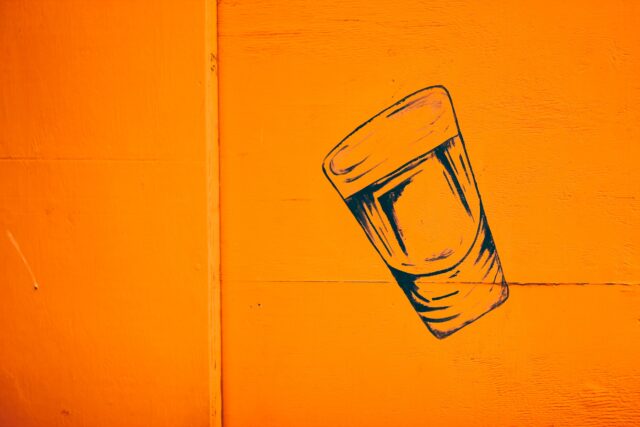
The best possible way to help an addict or an alcoholic is to admit him to a suitable rehab facility, especially the kind of center that uses holistic healing therapy to help their clients. Rehab centers help their patients set their lives back on the right track and even though that journey is quite difficult, they put in all their efforts to help and comfort them. Rehab centers have doctors, psychologists, trained medical staff, and counselors, all of whom are available to help the patient at any hour of the day. Click here now. Moreover, the peaceful and calming environment at these facilities is created that helps the patient significantly during their recovery. At first, the patient is examined thoroughly including his medical history as well as his addiction history.
After that, a suitable treatment program is set up for him and then he goes through a detox where any traces of alcohol and drugs and gradually eliminated from his body over seven days. He is carefully monitored during this period because as detox starts, the body goes into withdrawal and the patient suffers from fatigue, vomiting, fever, nausea, and palpitations, etc. Medications and careful observation are used to keep his situation stable.
After detox, his treatment goes on along with his counseling sessions where he can discuss his issues and try to find a solution so that he may become strong enough to handle any situation that may have been able to trigger him in the past.
What is relapse?

Despite having had a successful treatment, there is always a slight chance that the person may relapse. Relapse is the process when a person who has overcome his addiction starts to abuse substances again and falls back into his old repetitive habits. This is why a convalescent should make sure that he joins the aftercare programs provided by rehab centers because even if a major activating event happens in his life, these aftercare programs will be able to help him get through it without turning to alcohol and drugs again. However, if he does not attend these programs, he will fall into a relapse if he experiences something that triggers him severely.
Relapse does not happen in a day, rather it is a series of steps. In the first step, the convalescent is not even aware that he is in the early stages of relapse but he will start to feel frustrated, irritable, isolated, lose appetite, mood swings, and erratic sleeping patterns, etc. but he will be in denial of being in relapse because at this stage, a person is not consciously thinking of turning to drugs or alcohol again.
It is still early enough that through self-care and the support of loved ones, he can maintain sobriety. On the contrary, if this goes on, he will enter the second stage of relapse and eventually start thinking about his past and the drugs that he used to consume and his erratic feelings will make him want to use again just so he can feel better for a short time.
He will also think that after using just once, he will stop and never think about drugs again. The third and final stage of relapse is when he tries to find opportunities to use drugs again and when he finally drinks or uses a drug, he will fall face down into a relapse whose treatment will be even harder than before.




